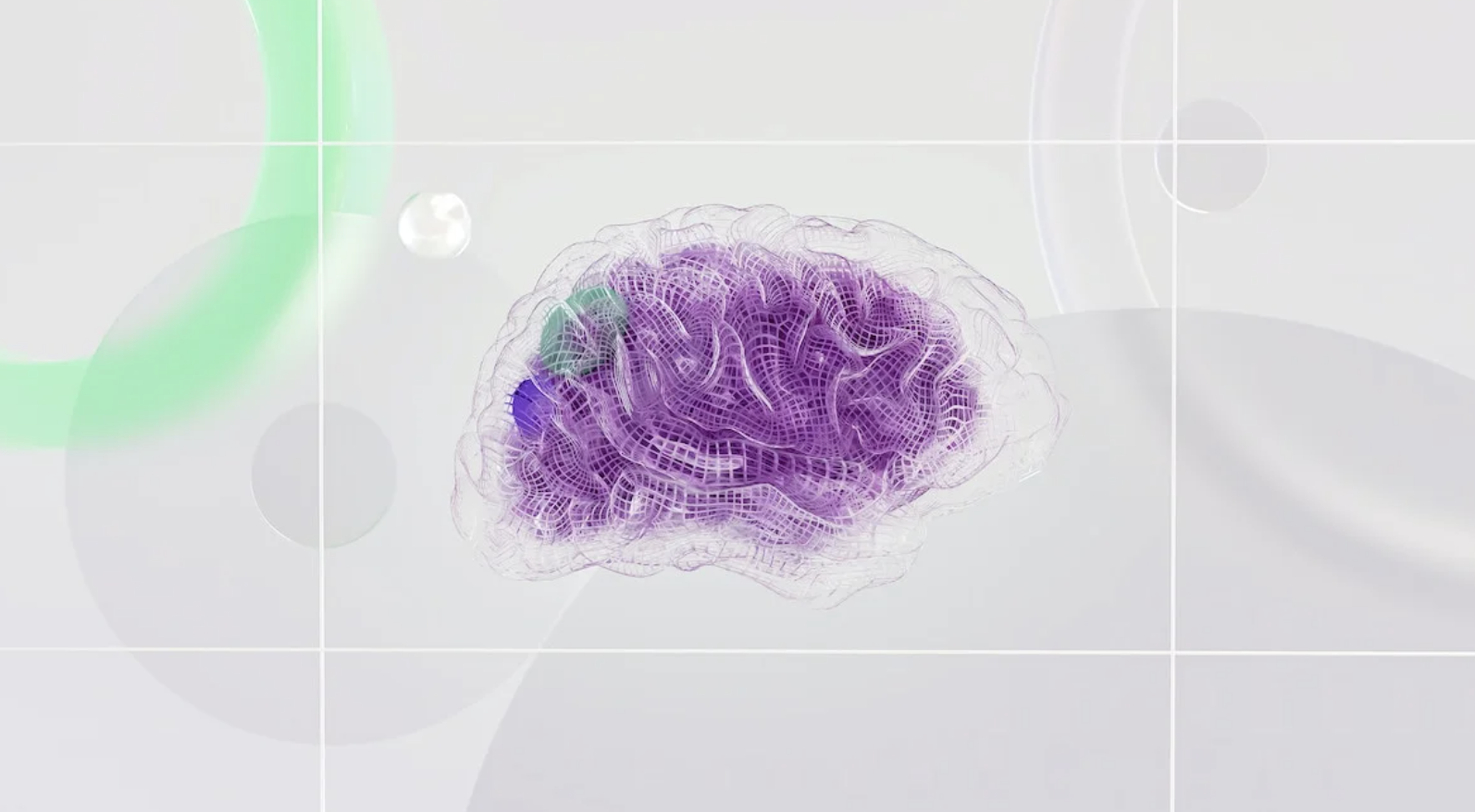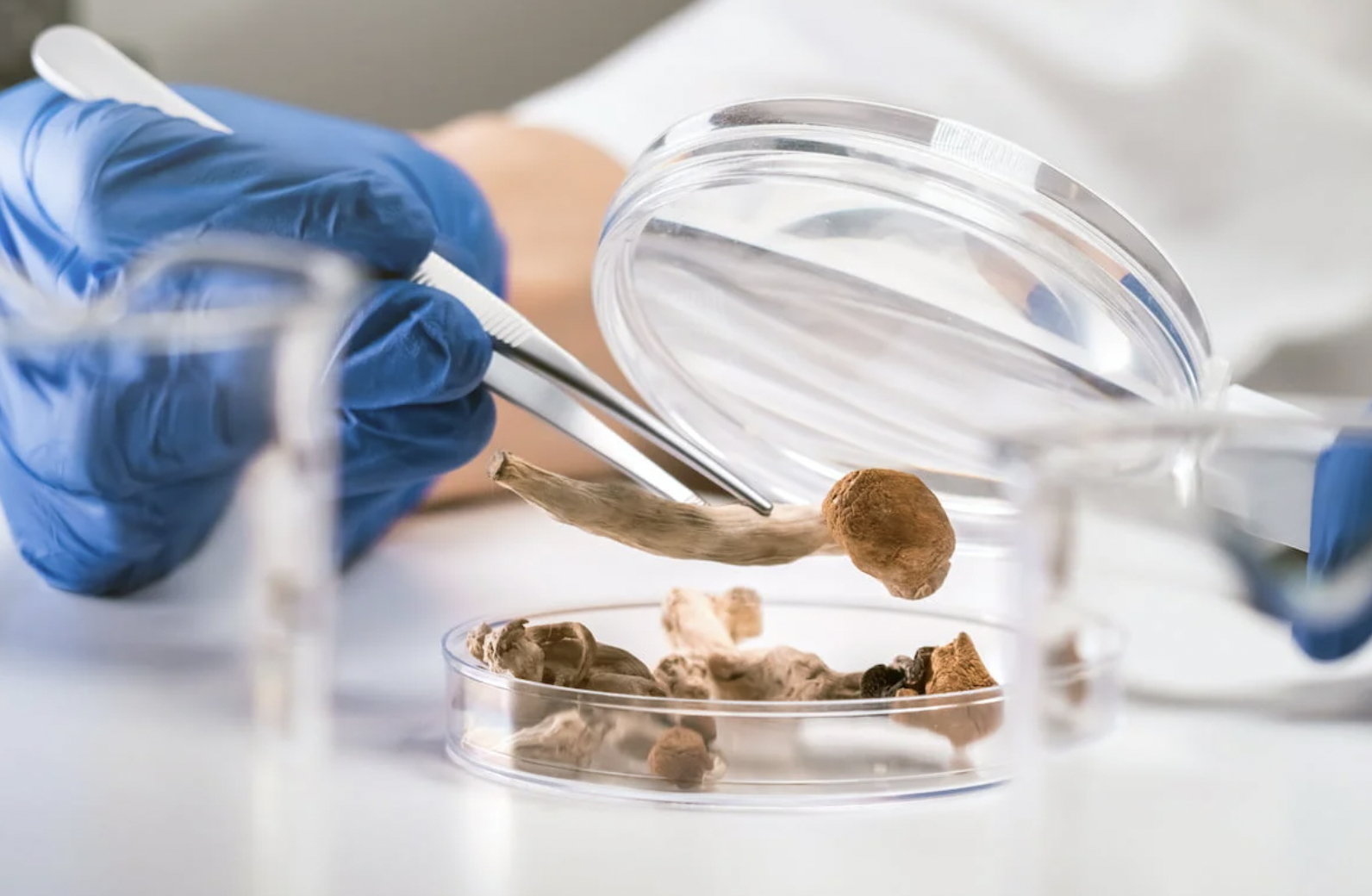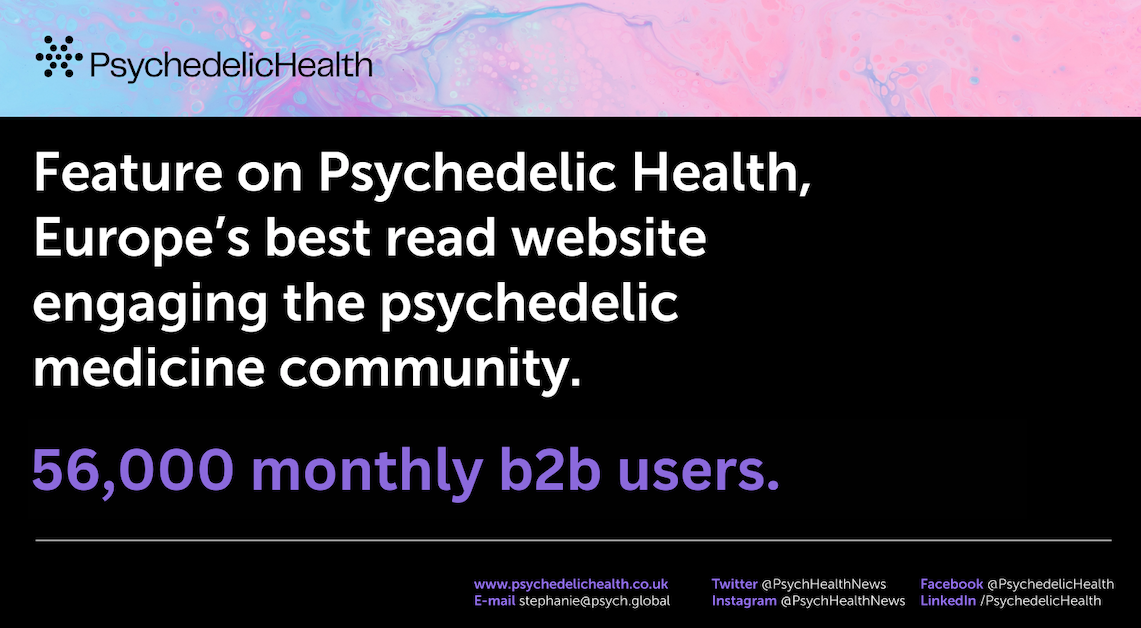Mapping the effects of ketamine on the brain
A new study has mapped the effects of ketamine on the brain, finding that repeated use over extended periods creates widespread structural changes in the brain’s dopamine system.
The study found that repeated ketamine exposure leads to a decrease in dopamine neurons in midbrain regions linked to regulating mood. They also revealed an increase in dopamine neurons in the hypothalamus, which regulates the body’s basic functions like metabolism and homeostasis.
Raju Tomer, the senior author of the paper, stated: “Instead of bathing the entire brain in ketamine, as most therapies now do, our whole-brain mapping data indicates that a safer approach would be to target specific parts of the brain with it, so as to minimise unintended effects on other dopamine regions of the brain.”
READ MORE


